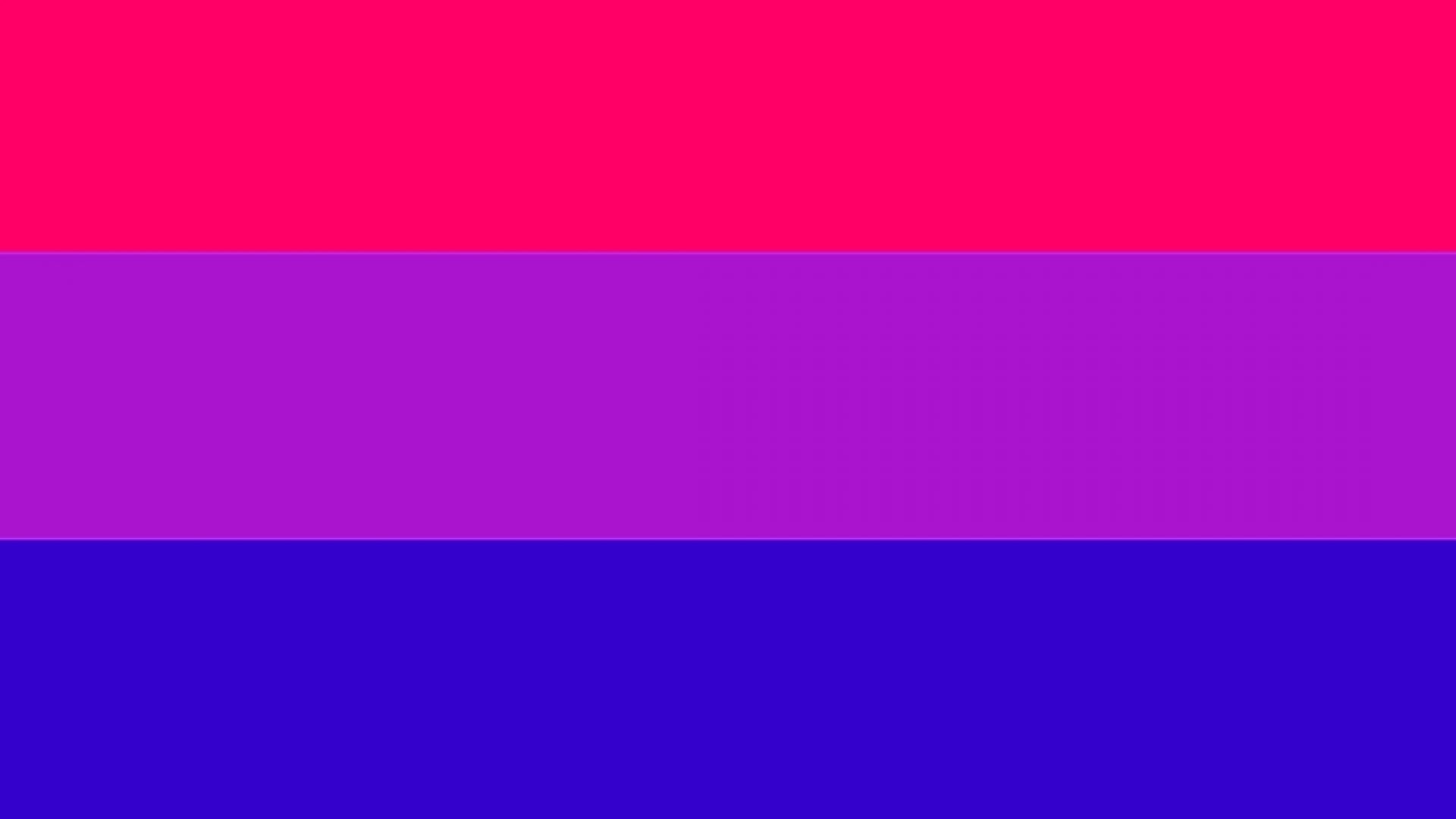
Sexuality is personal. Over the past several decades, people have become more open to discussing it, yet, this openness doesn’t come without its fair share of harsh criticism and even violence. The bisexual community in particular has endured unfair treatment and name-calling such as “greedy,” “gross” or even unable to exhibit self-control. To make matters worse, people who are bisexual tend to face even more jarring critiques if they are in a hetero-appearing partnership.
In a 2018 piece, the Daily Beast reported that Pride events sometimes make the bisexual community uncomfortable, with one interviewee revealing how she felt belittled when she showed up to Pride with a man. She also shared that she had never been with another woman, heightening her feeling the need to defend herself. Her experience speaks to a larger issue about labels and how some don’t feel validated enough by self-identification.
Bisexuality is not something that can be determined or defined by others. Nor is it contingent upon your sexual or relational experiences with other people. It is an inner knowing and deeply personal to each individual. But, while sexuality is intrinsic, it’s still demeaning to feel out of place at events that are meant to celebrate all of us. Although, at its best, the LGBTQIA+ community is inclusive and understanding, the fact still remains that community members can be extremely biphobic. A 2017 CAB Report on London Pride said that “bi people, despite forming the largest component of the LGBT population, remain marginalized within that community and in society at large.”
In an essay on bisexual erasure for Dazed, a participant named Clarkisha, talked about the struggles that dark-skinned Black, bisexual women are up against. “The hypersexuality…projected on me as a dark-skinned…femme combined with the promiscuity that is assumed in bisexual people is a deadly combination”, she said.
In America, nearly 25% of Black women between ages 18-34 identify as bisexual. And guess what? No single community member is required to perform their identity for anyone. No one should have to be bogged down with age-old stereotypes as they come up against degrading criticisms and erasure.
Model Slick Woods is just one example of hypervisible bi-erasure. When Woods announced her pregnancy in 2018, there were more than a few critiques. When a fan commented on her Instagram post about how confused they were, Woods responded with, “To think we live in a world where people still confuse sexuality with reproduction…grow up.” It’s sad that she not only had to put up with terrible commentary during what was such a joyous time, but that she felt like she had to educate someone too.
Last year, Anna Pulley spoke on hetero-appearing bisexual relationships in her column for the Chicago Tribune. Pulley was told by an anonymous reader that she felt like she was “losing herself.” The writer reassured the reader that no part of her identity was lost just because of her relationship. Pulley also mentioned that people erase her bisexuality because she’s with a woman, and has been for years. Pulley advised the reader to “[s]tay connected to people who affirm your identity.” Regardless of their orientation, surrounding yourself with people who help you feel seen and understood can be life changing.
Unfortunately, sometimes the criticism and erasure doesn’t just come from the outside — it can come from loved ones, too.
Ideally, your romantic partner encourages you to be yourself. Sometimes though, your significant other can be the one projecting limiting beliefs about your sexuality onto you. Men can feel as if they’re “the exception” or they were successful at making you straight. If the relationship is sexual, the latter is not too far removed from the ideology behind corrective rape, which is meant to force people into heterosexuality. When Cosmopolitan tracked men’s immediate and long-term responses to their partner’s bisexuality, the results were rather ugly. One tried to coerce his girlfriend into changing her sexual identity on social media to “straight.” He got moody when she didn’t and then tried to flirt with her friend, blaming it on his girlfriend’s likelihood of cheating.
Writer Brianna Wiest also talked about her former partner’s insecurity when discussing an open relationship. He admitted that he wouldn’t mind if she pursued women, but would feel slighted if she was with another man. These happenings simply shouldn’t be a part of a healthy relationship.
Unfortunately, being a bisexual woman sometimes means people being cruel to you and misunderstanding you, especially when you’re in a relationship with a man. Although people should be able to just enjoy who they are, they spend time explaining and affirming to partners, community members, the rest of the world, and even themselves. It’s tiring.